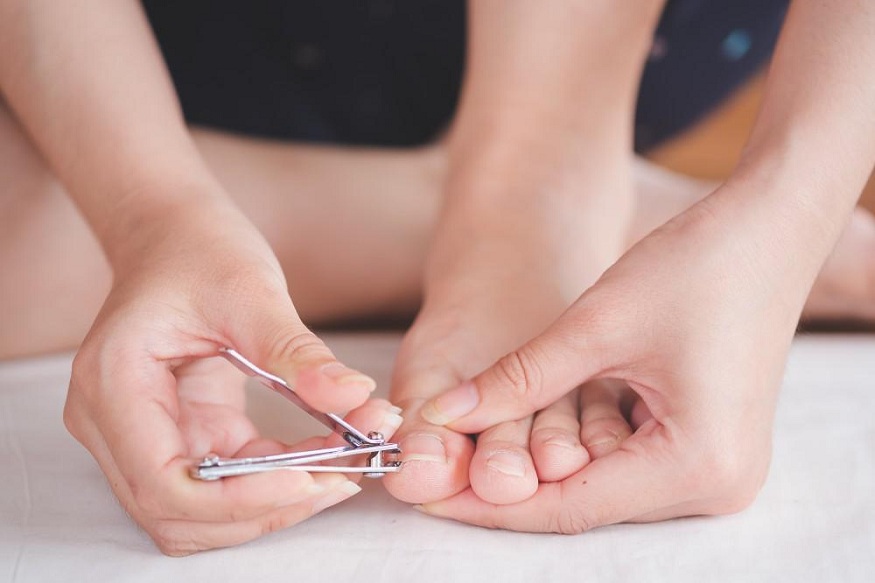A common condition is an ingrown toenail. The big toe is commonly affected.
Ingrown nails are more common in teenagers and people aged 20 to 40. Onychocryptosis and unguis incarnatus are the medical terms for this nail disorder.
Let’s figure out what’s wrong with your toe so you can cure it properly.
What can a doctor do to help with an ingrown toenail?
Ingrown nails can be treated with a small or, in some circumstances, surgery by your doctor, orthopaedic surgeon, or podiatrist (a foot expert).
An injection is usually used to numb the toe or foot. A scalpel can remove the skin on top of the ingrown nail.
The piece of ingrown nail is then partially or entirely removed. You will not feel any pain during the operation except for the injection.
If you get ingrown nails frequently, your surgery may include using a laser or chemical treatment to permanently remove a portion of the nail bed so that it no longer grows as wide.
Aftercare
Taking care of your toe and overall health after nail surgery is critical. You want to ensure that your toe heals properly and that it does not become infected.
You may need to take antibiotics after your procedure.
Take pain relievers as needed (acetaminophen, ibuprofen).
Apply an antibiotic lotion to the affected region at least twice a day.
If necessary, use a numbing or anti-inflammatory cream.
Maintain a clean and dry environment.
Wear open-toed or loose-fitting shoes or sandals.
As needed, change the dressing on your toe.
If a dressing change is required, consult your doctor or nurse.
Follow-up appointments should be made with your doctor.
Avoid strenuous walking, jogging, or running for the first two to four weeks after surgery.
To aid healing, eat a well-balanced diet rich in fruits and vegetables and avoid smoking.
If you have a fungal nail infection, you may need to take antifungal medicine or apply a medicated cream before surgery to clean it up.
Consult a doctor if
You can sometimes treat an ingrown toenail on your own. However, if you have a chronic disease or an infection, self-treatment may aggravate it. An ingrown nail infection can spread to your foot, leg, or body. It is also capable of infecting the toe bone.
Consult a foot doctor if you:
suffer with excruciating agony
have discomfort
redness,
pus on the toes
have a sore or infection anyplace on the foot
have diabetes or another chronic ailment

